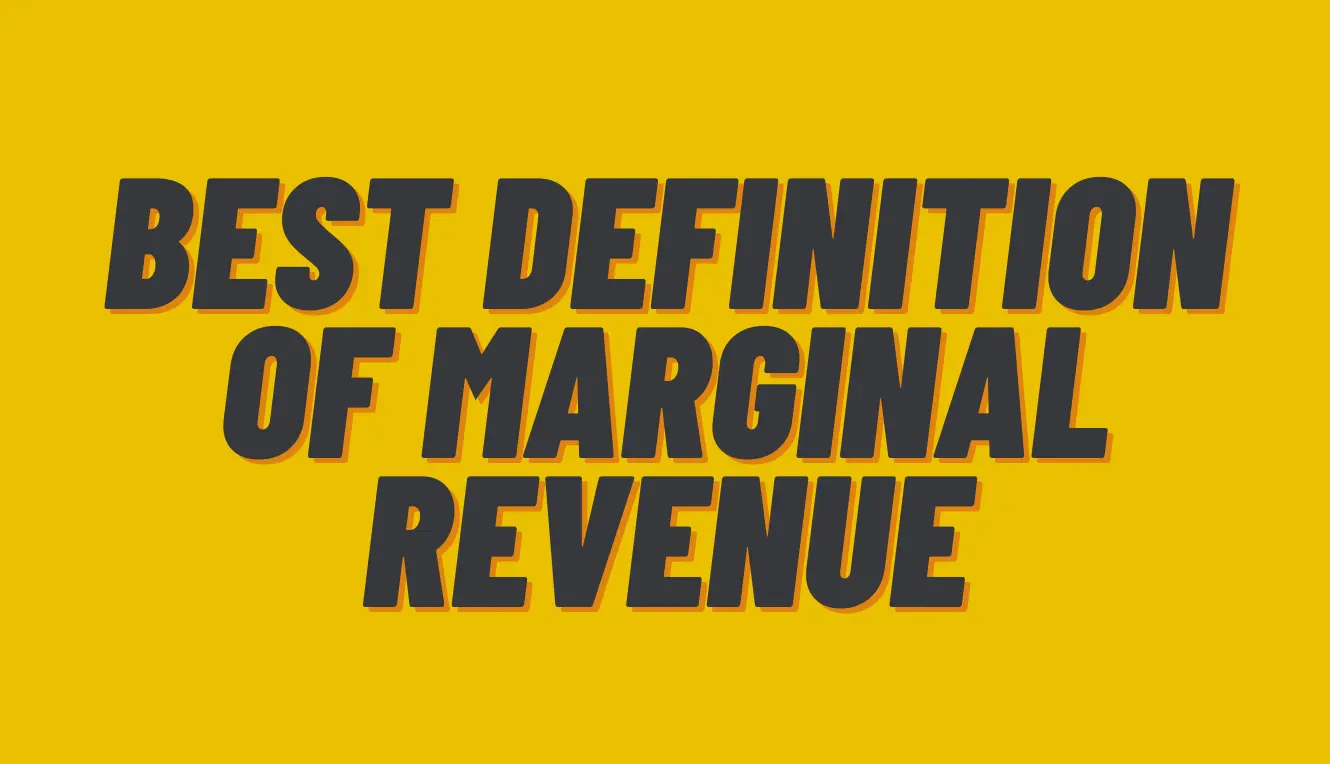When it comes to commercial real estate, property owners often consider leasing land to a tenant through a ground lease agreement. In this type of lease, the tenant or lessee is granted exclusive rights to use the land for a certain period. While the landlord or lessor retains ownership of the land. Ground leases have their advantages and drawbacks. It is essential to understand them before entering into such an agreement. This article explains the meaning of a ground lease, its benefits, and its risks.
What is a Ground Lease?
A ground lease is a type of lease agreement where the owner of the land. It is known as the landlord or lessor, who leases the land to a tenant, known as the lessee, for a specific period. The tenant, in turn, pays rent to the landlord for the use of the land. The lease agreement stipulates the terms and conditions of the lease, including the length of the lease term, rent amount, and any restrictions on land use.
In a ground lease, the landlord retains ownership of the land while the tenant has exclusive rights to use the land for a specified purpose. The tenant can construct a building or other structures on the land. The owner of those structures remains with the tenant. At the end of the lease term, the land and any improvements revert to the landlord.
Types of Ground Leases
There are four types of ground leases: subordinated ground lease, unsubordinated ground lease, master lease, and sandwich lease.
Subordinated Ground Lease
In a subordinated ground lease, the leasehold interest is subordinate to an existing mortgage or other liens on the land. This means that if the landlord defaults on their mortgage, the lender has priority over the tenant’s leasehold interest in the land.
Unsubordinated Ground Lease
An unsubordinated ground lease is not subordinate to any existing liens or mortgages. This type of lease is less risky for the tenant than a subordinated ground lease.
Master Lease
A master lease is a lease between the landlord and a third party that grants the third party the right to sublease the property to one or more tenants.
Sandwich Lease
A sandwich lease is a leasehold interest in which the tenant leases the land from the landlord and then subleases it to a third party.
Benefits of Ground Leases
Long-Term Revenue Stream
Ground leases typically have long lease terms, ranging from 20 to 99 years. This provides a long-term revenue stream for the landlord, who continues to receive rent payments from the tenant throughout the lease term.
Limited Responsibility for Property Management
In a ground lease, the tenant is responsible for managing the property and making any necessary repairs or improvements. This reduces the landlord’s responsibility for property management and maintenance.
Tax Benefits
Ground lease arrangements may provide tax benefits to both the landlord and the tenant. For the landlord, ground lease income is generally considered rental income and is taxed at a lower rate than capital gains. For the tenant, leasehold improvements may be depreciated over the lease term, resulting in significant tax savings.
Preservation of Ownership
One of the primary benefits of a ground lease for the landlord is the preservation of ownership. By leasing the land instead of selling it, the landlord retains ownership of the land and can benefit from any future appreciation in value.
Risks of Ground Leases
Limited Control Over Property
In a ground lease, the landlord may have limited control over the use of the property. The tenant has exclusive rights to use the land for the specified purpose, which may limit the landlord’s ability to use or develop the property in the future.
Market Fluctuations
Ground leases are typically long-term agreements, and changes in the market can impact the lease’s financial performance. For example, if property values decline, the rent paid by the tenant may become less attractive than the market rate, resulting in reduced revenue for the landlord.
Tenant Default
If the tenant defaults on the lease, the landlord may be left with a vacant property or may need to pursue legal action to enforce the lease terms.
Future Development Restrictions
Ground leases may include restrictions on future development, such as limitations on the type or height of buildings that can be constructed on the land. These restrictions may limit the landlord’s ability to redevelop the property in the future.
Ground Lease vs. Fee Simple Ownership
Ground lease arrangements differ from fee simple ownership, where the owner has complete control over the property. In fee-simple ownership, the owner can use, sell, or develop the property as they see fit. In contrast, a ground lease grants exclusive use rights to the tenant while retaining ownership of the land.
Ground Lease Financing
Financing a ground lease can be more challenging than financing fee simple ownership. Lenders may view ground lease arrangements as higher risk than fee simple ownership. Which may result in higher interest rates or more stringent lending requirements.
Ground Lease Negotiation
Negotiating a ground lease requires careful consideration of the terms and conditions of the lease. The landlord and tenant must agree on the lease term, rent amount, restrictions on land use, and other key terms.
Ground Lease Termination
Ground leases typically include provisions for termination, such as the expiration of the lease term or default by the tenant. Termination of a ground lease may involve the removal of any improvements on the land and the restoration of the property to its original condition.
Ground Lease Examples
Ground leases are common in commercial real estate, particularly in urban areas where land values are high. Some examples of ground lease arrangements include:
- Major sports stadiums, such as Yankee Stadium in New York City and Soldier Field in Chicago, are often built on leased land.
- Retail shopping centers may be constructed on ground lease land, with the landlord leasing the land to the developer or tenant.
- Hotels may be built on leased land, with the tenant leasing the land from the landlord and constructing the hotel.
Conclusion
Ground leases can be an attractive option for property owners looking to retain ownership of their land while generating long-term rental income. However, there are risks associated with ground leases. Including limited control over property and future development restrictions. It is important to carefully consider the terms and conditions of a ground lease before entering into such an agreement.





